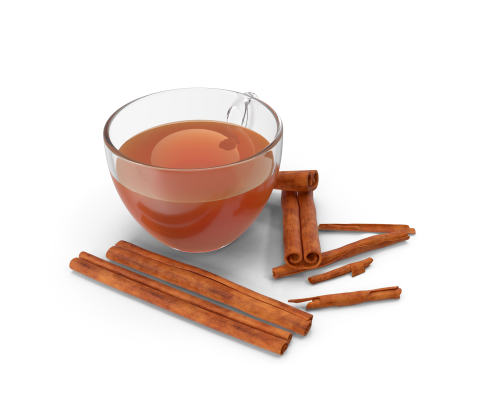

Chinese Herbs For Brain Cancer
 Could it really be possible the compound known as indirubin, one of the active ingredients in traditional Chinese herbs could block the growth of glioblastoma brain tumors?
Could it really be possible the compound known as indirubin, one of the active ingredients in traditional Chinese herbs could block the growth of glioblastoma brain tumors?
U.S. researchers at the Ohio State University Comprehensive Cancer Center — Arthur G. James Cancer Hospital and Richard J. Solove Research Institute, says YES, the Chinese herbs have proven this in mice, and now research will proceed with humans.
The Chinese herb formula known as Dang Gui Long Hui Wan consists of 10 herbs which was originally published in a Chinese text named the Dan Xi Xin Fa (Dan Xi's Heart Approach) in 1347 CE. The same Chinese herbal medicine formula has been used for treatment of chronic myelogenous leukemia (CML).1
The findings on indirubin and this novel therapeutic strategy for brain tumors was recently published in the Journal Cancer Research. Although research on indirubins has been ongoing for years this is the first time indirubin drugs have improved survival in glioblastoma and these agents were found to inhibit two of the most important hallmarks of this malignancy, tumor cell invasion and angiogenesis.
This is incredible news for the approximately 13,000 Americans who die each year due to glioblastoma. "Overall, our findings suggest that indirubins reduce tumor invasion and tumor vasculature because of their antimigratory effects on both tumor and endothelial cells," said MD.
(In memory of David Servan-Schreiber, Author of Anticancer. "Death is part of life. It happens to everyone. Profit from now, do the important things."
References:
1. Memorial Sloane Kettering Cancer Center clinical summary of Indirubin extract: http://www.mskcc.org/mskcc/html/69262.cfm
2. American Assoc. of Cancer Research: http://cancerres.aacrjournals.org/content/early/2011/06/21/0008-5472.CAN-10-3026
"Indirubins decrease glioma invasion by blocking migratory phenotypes in both the tumor and stromal endothelial cell compartments" Shante Williams, Michal Nowicki, Fang Liu, Rachael Press, Jakub Godlewki, Mahmoud Abdel-Rasoul, Balveen Kaur, Soledad Bernandez, Antonio Chiocca and Sean Lawle

